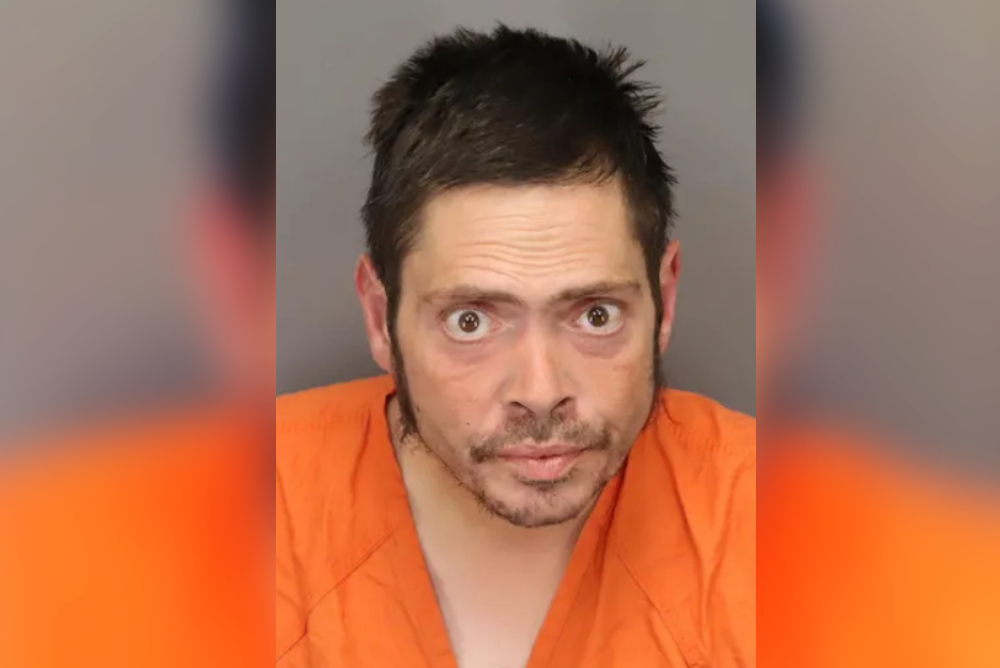After nine long weeks, a suspect has been arrested in the brutal killings of four University of Idaho students. Who is the suspected killer, and what evidence is there to tie him to the scene of the crime?
What Happened on That Terrible Night?
On November 13, four friends and students at the University of Idaho went out for a night of fun.
Ethan Chapin, 20, and Xana Kernodle, 20, who were dating, went to a party together at the Sigma Chi frat house. They arrived back at the house where Kernodle lived with her four roommates.
Two of Kernodle’s roommates, Kaylee Goncalves, 21, and Madison Mogen, 21, arrived home shortly after the couple at around 2:00 AM. The lifelong friends had been out at a bar and stopped for food on their way home.
Two other roommates were already in the three-story townhouse and had been home since about 1:00 AM.
At around 4:00 AM, someone else entered the townhome. Likely entering through an unlocked sliding glass door, the person went to the second and third floors of the building and stabbed and murdered Chapin, Kernodle, Mogen, and Goncalves.
The two roommates on the first floor of the townhome were not harmed during the incident.
How Did Police Catch The Suspect?
It took weeks, but police now believe they have the person who committed the heinous murders.
Bryan Kohberger, 28, was arrested and charged with four counts of first degree murder.
Kohberger was arrested at his parents’ home in Pennsylvania where he was visiting them for the holidays. Kohberger is a Ph.D. student at Washington State University studying Criminal Justice and Criminology. Washington State University is less than ten miles from the University of Idaho.
Police believe Kohberger is the killer based on their findings, as reported by the New York Times.
- Investigators found a tan leather knife sheath at the scene of the crime. DNA from the sheath was tied to DNA collected from Kohberger’s parents’ home in Pennsylvania.
- Footage from multiple sources shows a white Hyundai Elantra making multiple passes by the house between 3:29 AM and 4:20 AM on the night of the murders. Kohberger’s vehicle matches the description of the white Hyundai Elantra.
- Phone records show that Kohberger visited the neighborhood of the crime scene 12 times the night before the murders.
- One of the two surviving roommates said in an affidavit that she saw someone in the house the night of the murder. She said he had on a mask covering his mouth and nose and described him as, “as 5’ 10″ or taller, male, not very muscular, but athletically built with bushy eyebrows.” Kohberger fits the description.
Because Kohberger was arrested in Pennsylvania for charges he faces in Idaho, he needed to be extradited. Kohberger waived his extradition rights in the brief hearing and was moved to the state where he now faces serious charges.
Related: If You’re Arrested for a Crime, Immediately Take These 6 Steps
What Charges Does Kohberger Face?
Kohberger has been charged with four counts of first-degree murder and one charge of felony burglary.
At a press conference, Latah County Prosecutor Bill Thompson said the felony burglary charge involved, “entering the residence with the intent to commit the crime of murder.” Idaho Code 18-1401 states that “every person who enters any house, room, apartment, tenement, store, shop, warehouse, mill, barn, stable, outhouse, or a building, tent, vessel, vehicle, trailer, airplane, or railroad car with intent to commit any theft or any felony is guilty of burglary.” The maximum penalty for felony burglary is ten years in prison.
But the consequences for the felony burglary pale in comparison to the consequences for the four first degree murder charges.
In Idaho, the maximum penalty for first-degree murder is life in prison or the death penalty.
Related: What Does It Take to Be an Attorney for a High-Profile Case?
Will Kohberger Be Convicted?
Kohberger’s public defender, Jason LaBar, issued a statement indicating that Kohberger wants to fight the charges. The statement read, “Mr. Kohberger is eager to be exonerated of these charges and looks forward to resolving these matters as promptly as possible.”
While there is growing evidence that ties Kohberger to the murders, there are some big pieces of the picture that are still missing.
There is no murder weapon and no motive.
Kohberger’s legal team may choose to fight to exonerate Kohberger at trial. At this time, it is more likely that they may try to prove that there isn’t enough evidence to convict Kohberger than to try to plead guilty by insanity. Michael McAuliffe, a former federal prosecutor and elected state attorney, told Newsweek that Idaho state law does not allow suspects to plead not guilty by insanity.
We will have to wait and see if more evidence is uncovered and what type of defense Kohberger’s legal team puts together as Kohberger faces life in prison or the death penalty.
Related: Dealing With the Media During a High-Profile Case: What to Expect
Get Trusted Representation in a Criminal Case
All accused criminals deserve fair due process of the law. If you find yourself facing criminal charges, make sure you have an attorney who can fight for your best interests. Talk to a criminal defense attorney as soon as you are charged. To talk to a criminal defense attorney right away, request your consultation or call 813-226-1023 to schedule a call with TJ Grimaldi today.

